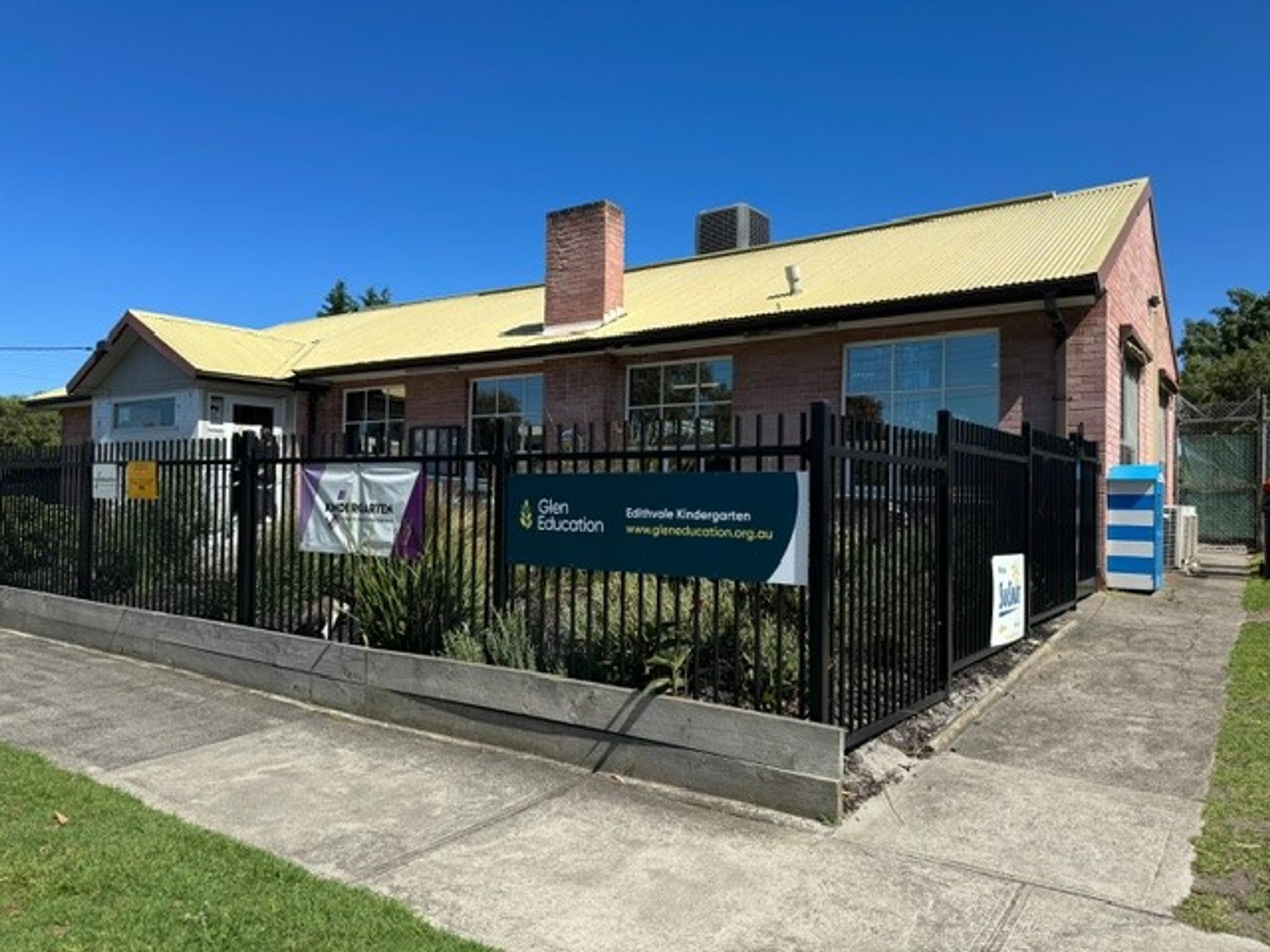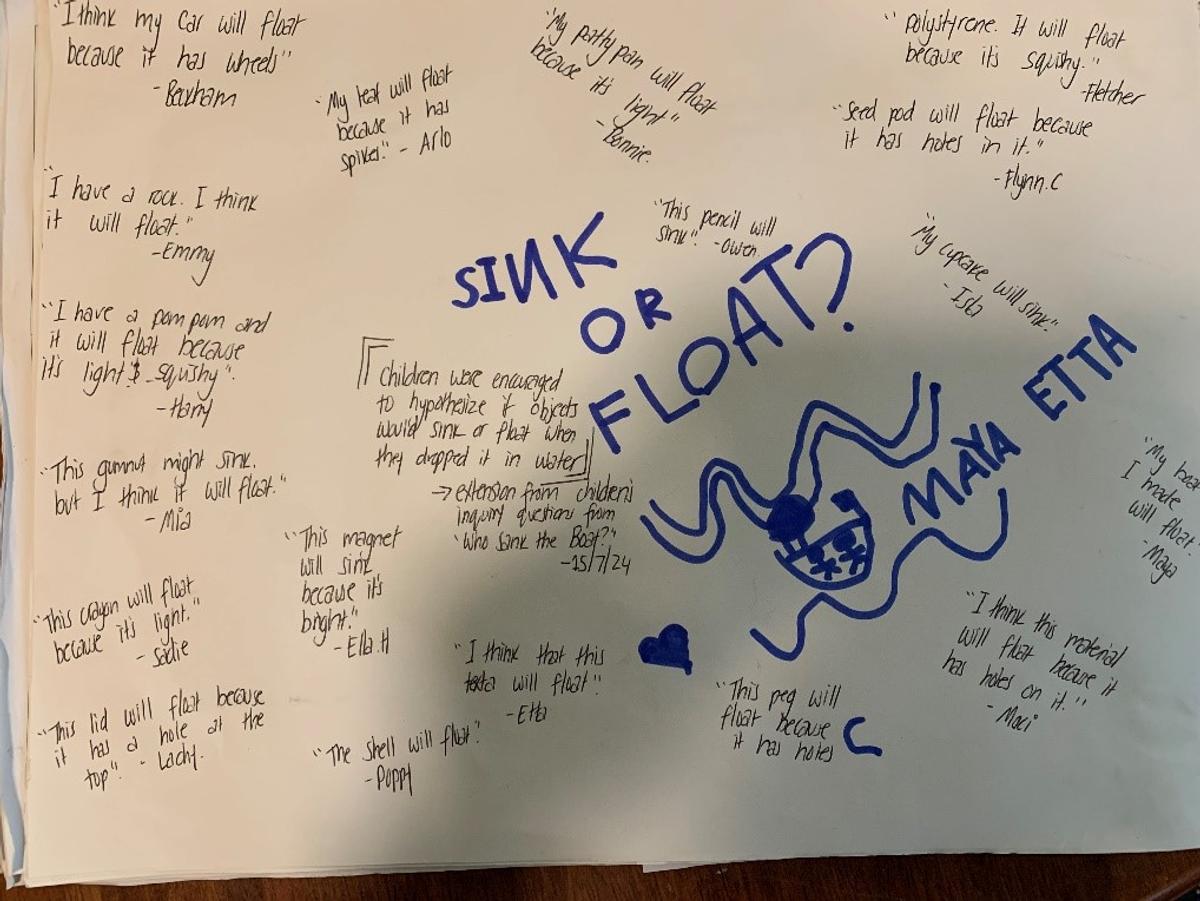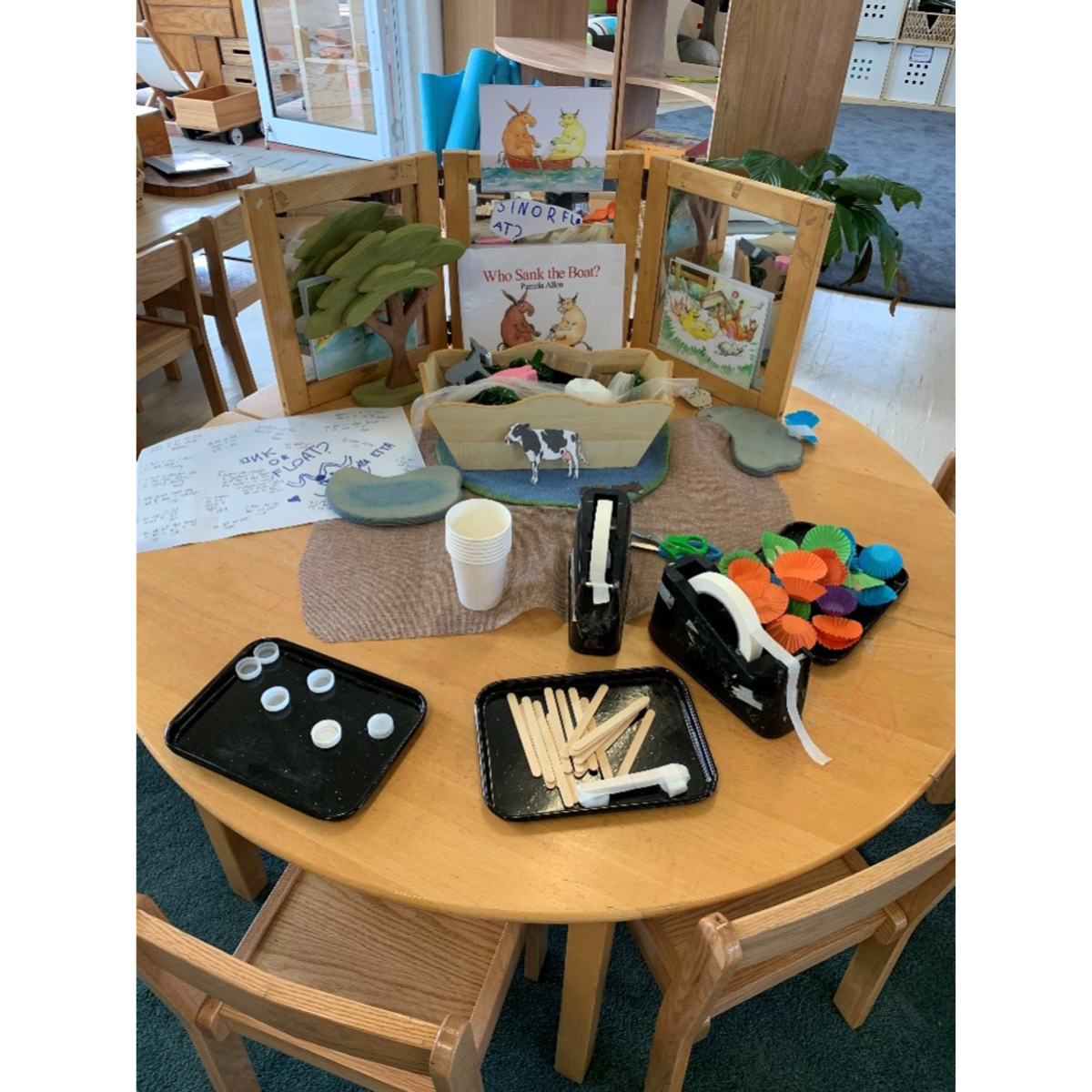Glen Education Edithvale

Value in listening to the child's voice.
By Kate Kett, Early Childhood Educator
At Glen Edithvale Kindergarten, we believe that by listening to the child’s voice, children are provided with the opportunity to engage in learning experiences that deepen their understanding and create a sense of wonder and interest in the world around them. We follow an emergent curriculum at our service, and believe in being responsive to the children’s interests, while also considering each child’s developmental needs and skills.
We encourage the children’s voice by practicing active listening and discussions with children, partnering with families to gain their insights, providing a safe and supportive environment where children are encouraged to ask questions, and supporting the children’s agency, interests and ideas in our learning space. By including the children’s voice in our learning program, children develop their communication skills whilst feeling valued and developing a sense of belonging. Using reflective journals and floor books, our educational team is constantly recording the children’s individual voices to help guide our program and our intentional teaching strategies.
Recently, we learnt about the concept of buoyancy and density after reading the story ‘Who Sank the Boat’ by Pamela Allen. We discussed the story after reading it, and the children shared some interesting questions, including; “Why didn’t the big animals sink the boat?”, and, “Why did the mouse sink the boat when it is the smallest animal?”. The children’s inquiry questions led us to set up a ‘sink or float’ invitation to play, where children were encouraged to make their own boats out of different resources to test if they would sink or float in a bowl of water. Children were also encouraged to take a random object and hypothesise if it would sink or float when they dropped it into a bowl of water. They were then encouraged to share their reasoning, with some of the children referencing the density and size of the object. These learning experiences utilised the children’s voice and supported them to deepen their understanding of a concept that they were interested in.


